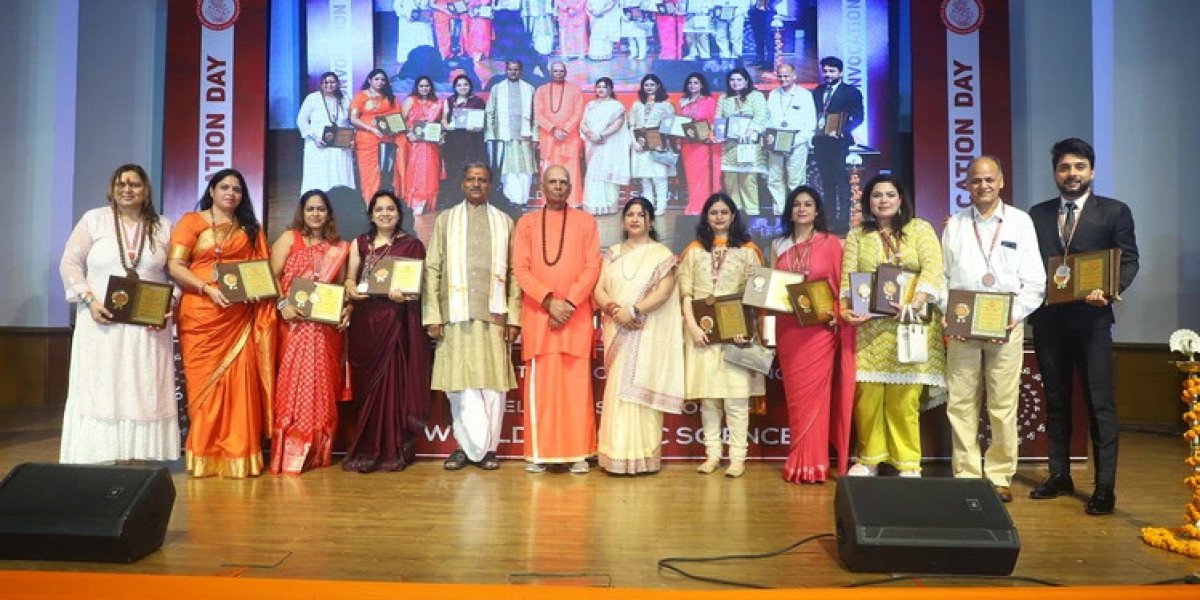If you've ever found yourself curious about astrology, you’ve probably come across some pretty big questions. One of the most common ones is: Does astrology believe in God?
It’s a great question, and the answer can be a bit nuanced, depending on how you look at it. Let’s break it down in a way that makes sense.
Astrology and Its Focus: The Universe, Not a Single God
First off, astrology isn’t really a religion. It’s more of a system or belief that looks at how the positions and movements of celestial bodies—like planets, stars, and the moon—can influence life on Earth, including personality, events, and even future predictions.
Astrology doesn’t directly involve worship of a specific God or gods the way many religions do. Instead, it’s about observing and interpreting the cosmos, believing that the universe (or the divine force behind it) has an influence on our lives. Think of it more like a tool for understanding the world around you, rather than a structured faith with a central deity.
The Spiritual Side of Astrology
Even though astrology isn’t tied to a specific religion, many people who practice astrology do see it as part of their spiritual beliefs. Some might feel that the universe itself, or the energies that govern the stars and planets, represent a divine or higher force. For them, astrology is a way of connecting to something greater—whether that’s God, the universe, or some kind of cosmic intelligence.
In this sense, astrology can coexist with belief in God. In fact, many people use astrology to better understand their own spiritual journeys or to gain insight into how they align with the universe. Some might see the alignment of the stars as evidence of a higher power’s plan, while others view it as a natural, impersonal force—like gravity or the weather.
Astrology vs. Religion: Different Paths, But Some Overlap
While astrology and traditional religions like Christianity, Islam, or Hinduism all deal with big questions about life, destiny, and the universe, they go about it in different ways. Religions often provide a specific framework for believing in and worshiping God (or gods), with sacred texts, rituals, and commandments. Astrology, on the other hand, doesn’t have sacred texts or a single central figure. It’s more about interpreting the signs and energies of the cosmos.
That being said, some people who follow religions might still find value in astrology. For example, many people in Hinduism (which has its own form of astrology called Jyotisha) see astrology as a spiritual guide that aligns with their belief in karma and reincarnation. Some Christians might use astrology as a way to better understand themselves, though this can be controversial for some branches of Christianity that don't mix astrology with their faith.
Can Astrology and God Coexist?
So, can astrology and belief in God coexist? Absolutely! But it depends on the person. Some people see astrology as a tool given by God to help us understand the universe better. Others might see astrology as something separate from their religious beliefs. Some even believe that astrology reflects God’s divine design in how the cosmos are organized.
For others, astrology might not fit into their religious view of the world at all. In certain religious traditions, astrology is considered incompatible with belief in God, often because it focuses more on the stars and planets than on a personal relationship with a higher power.
Final Thoughts
Astrology itself doesn’t have a concrete stance on God—it’s not a religion that demands belief in any one deity. However, many people who practice astrology see it as a spiritual tool, and some believe the stars and planets are part of a greater divine plan. Whether you see astrology as something that helps you connect with God, or just as an interesting way to gain insight into life, it’s ultimately up to you and how you interpret it.
So, does astrology believe in God? In a way, yes—if you believe the cosmos reflects divine energy. But astrology, at its core, is more about understanding the energies of the universe and how they affect our lives, not about worshipping a specific God.









